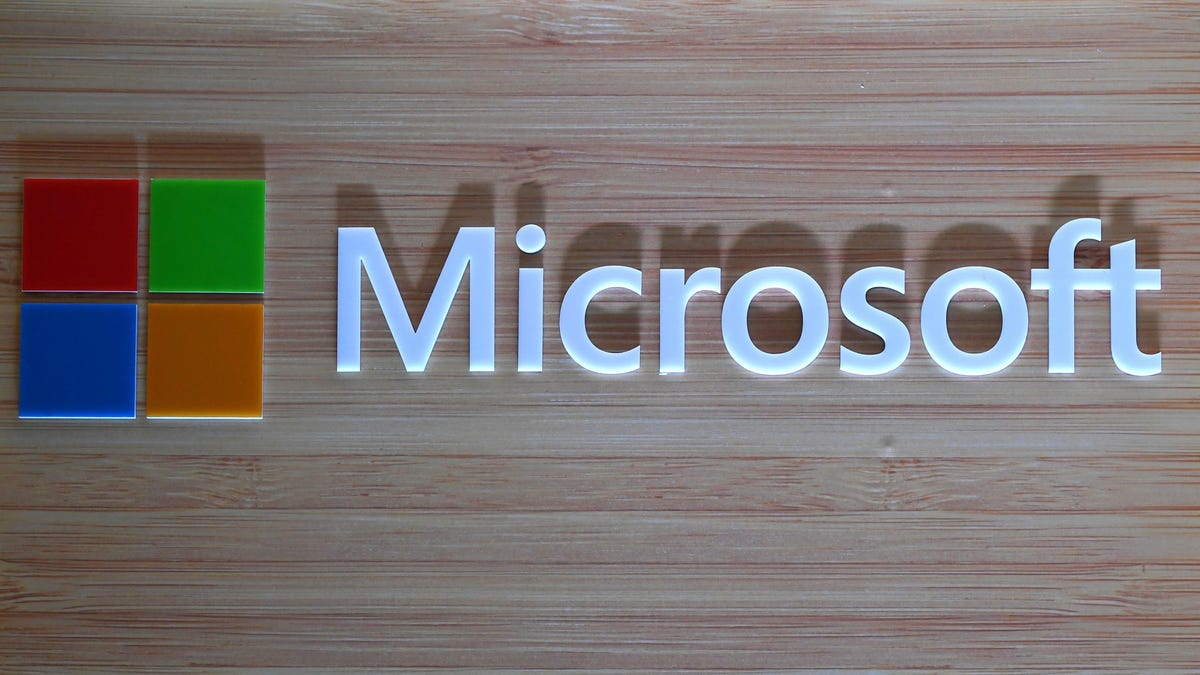Microsoft Announces the Next Subscription-Less Versions of Office - 3 minutes read

Microsoft has announced an update to its productivity suite, Office 2021, for consumers along with a variant specifically geared toward businesses, Office Long Term Servicing Channel.
Like the version that came before it, Office 2019, Office 2021 is Microsoft’s standalone option for folks who don’t want to buy a subscription for the company’s cloud-enabled Microsoft 365. Office 2021 is set to roll out sometime later this year for both Mac and Windows, Microsoft 365's corporate VP Jared Spataro said in a company blog post on Thursday. Meanwhile, Office LTSC will be available as a commercial preview beginning in April on both Mac and Windows, with a full release slated for later this year.
Microsoft will provide support for both products for five years, a slight downgrade from the seven-year warranty it’s offered with previous Office products. Each will come with OneNote and ship with both 32-bit and 64-bit versions. The one-time purchase pricing will remain the same for both personal and small business users, though there will be a 10% price increase for Office Professional Plus, Office Standard, and individual Office app purchases.
The company didn’t offer many details about what kind of new features and updates we’ll see with Office 2021, but it did confirm what users can expect with Office LTSC.
“New Office LTSC features will include accessibility improvements, capabilities like Dynamic Arrays and XLOOKUP in Excel, dark mode support across multiple apps, and performance improvements across Word, Excel, Outlook, and PowerPoint,” Shapiro wrote.
While I’m sure Microsoft would prefer if businesses just switched over to the cloud already, it’s also clear that the company realizes not everybody can or even wants to do so. In Thursday’s blog post, Microsoft billed its one-time purchase version of Office as a “specialty product for specific scenarios.” These scenarios include where users are on regulated devices that can’t receive monthly updates, process control devices on a manufacturing floors that can’t be connected to the internet, or specialty systems that must stay locked in time and require a long-term servicing channel, it said.
In an interview with the Verge, Spataro framed the company’s decision as “a matter of trying to meet customers where they are.”
“We certainly have a lot of customers that have moved to the cloud over the last 10 months, that’s happened en masse really,” he told the outlet. “At the same time, we definitely have customers who have specific scenarios where they don’t feel like they can move to the cloud.”
Microsoft has previously maintained that even with its advertising push to convince users to move to the cloud, it plans to continue rolling out standalone, perpetual licenses for its Office tools for the forseeable future. And based on today’s announcement the company seems committed to that promise.
Source: Gizmodo.com
Powered by NewsAPI.org